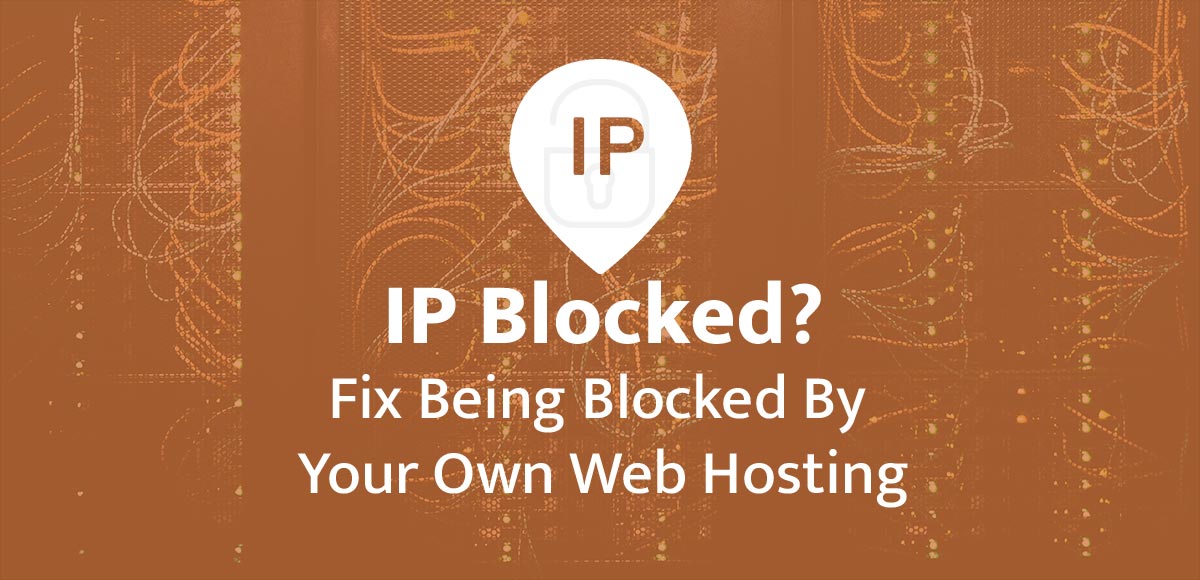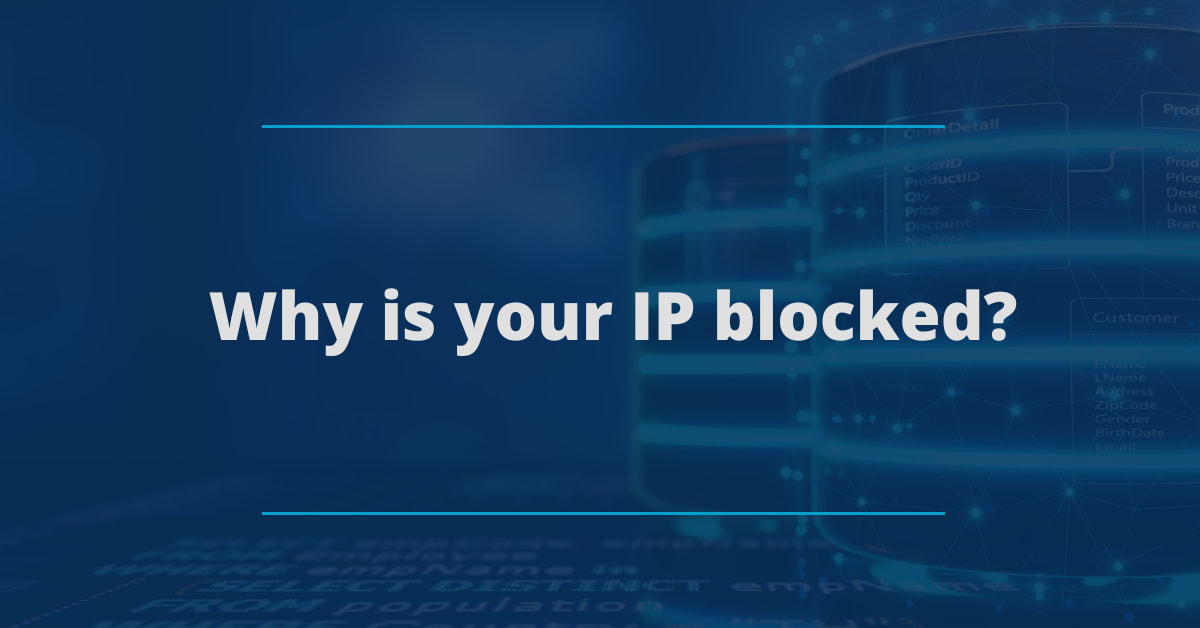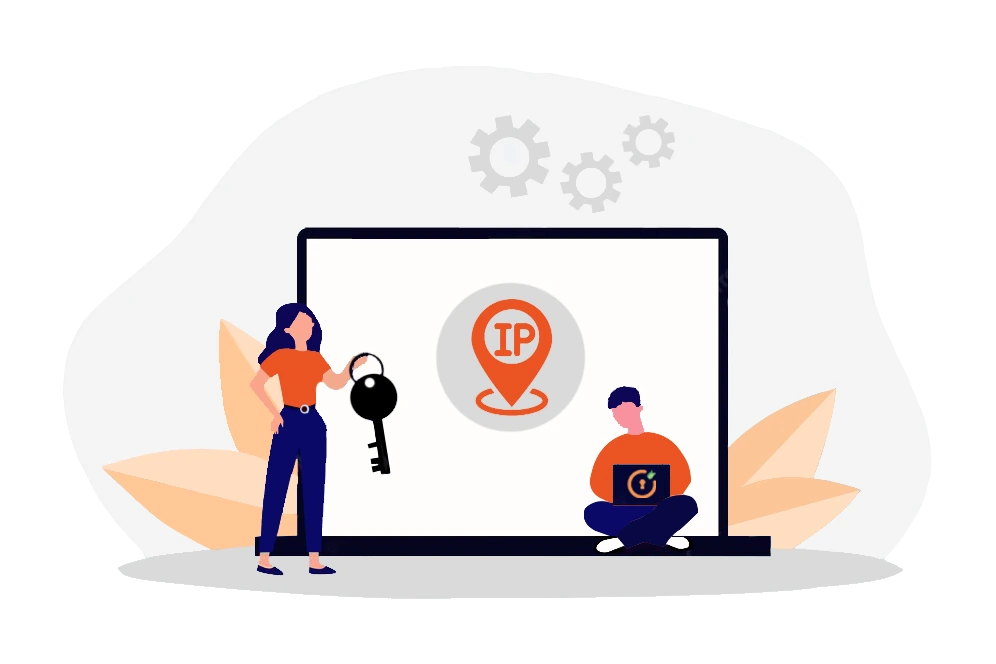
IP block in the context of hosting services typically refers to the situation where a specific IP address or a range of IP addresses is restricted or blocked from accessing a particular service, website, or server.
IP block – This restriction can occur for various reasons, such as security concerns, suspicious activity, or violations of terms of service. Resolving an IP block involves addressing the underlying issue and seeking to lift the block.
IP block – Here’s a general guide on how to handle IP blocks:

1. Identify the Cause:
- Determine why the IP address or range has been blocked. It could be due to security measures, excessive login attempts, malicious activity, or other policy violations.
2. Contact Hosting Provider or Server Administrator:
- If you are a client using hosting services, contact your hosting provider’s support team. If you manage the server directly, reach out to your server administrator or data center support.
3. Provide Necessary Information:
- Clearly communicate the issue, specifying the IP address or range that is blocked.
- Include any relevant details, such as timestamps of suspicious activity or any changes made before the block occurred.
4. Request Unblock:
- Request the unblocking of the IP address or range. If you have identified and resolved the underlying issue, communicate that to the hosting provider or server administrator.
5. Provide Additional Verification if Necessary:
- Some providers may require additional verification to ensure that the request is legitimate. Be prepared to provide account details, proof of ownership, or other requested information.
6. Implement Security Measures:
- If the block was due to security concerns, take steps to secure your server or website. This may include updating software, implementing stronger authentication methods, or addressing vulnerabilities.
7. Monitor for Recurrence:
- After the IP block is lifted, monitor for any signs of the issue recurring. Implement preventive measures to avoid future blocks.
8. Check for Blacklisting:
- If the IP address was blocked due to being listed on a public blacklist, check and address the blacklisting issue. Many online services provide tools to check if an IP is blacklisted.
9. Review and Comply with Terms of Service:
- Ensure that you are complying with the terms of service of your hosting provider. Violating terms may lead to IP blocks.
10. Consider Professional Help:
- If you are unable to resolve the issue on your own, consider seeking professional help from security experts or consultants who specialize in server and network security.

It’s important to approach the resolution process systematically and communicate effectively with your hosting provider or server administrator. Keep in mind that the specific steps may vary depending on the hosting environment and the policies of the service provider.
